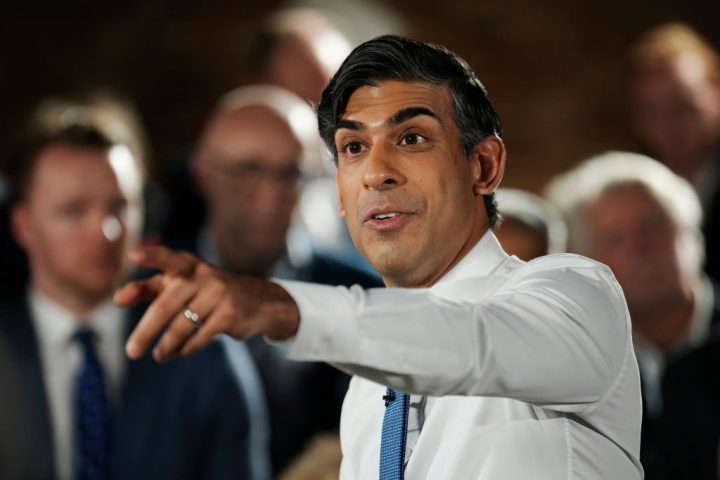The Rwanda battle is returning to parliament. On Tuesday, Penny Mordaunt confirmed that the ‘Safety of Rwanda’ Bill will go to committee stage in the House of Commons next week. This means MPs will have two days to add and debate amendments to it. Given Rishi Sunak had to fight to even pass it at second reading (the last time the government lost a Bill at this stage was 1986 on Sunday trading), this will be a difficult process. Effectively Sunak is facing competing demands from the left and right of his party.
On the one side are the One Nation MPs who feel that, if anything, the current Bill is too tough and goes too far in stretching the limits of international law. This group largely held their nose and voted for it last time around – the Bill declares that Rwanda is a safe place to send illegal migrants and states that international laws including the Human Rights Convention will have no effect. They say they will only put up with their side of the bargain if the right of the party plays ball. As One Nation MP Matt Warman put it last night, their current position is that the Bill should not be amended:
We know that we can’t rewrite our international obligations for our sole self-interest. We have faith that Britain is who we are because it can take a leading role in the world, rebuilding institutions like the ECHR from within – institutions that we helped to build in the first place. We know that the government is at its best when its bravest legislation is on the right side of international law, unamended.
However, the right of the party wants changes and plans to table a series of amendments to toughen up the Bill when it comes to overriding international law. Former immigration minister Robert Jenrick and Sir Bill Cash are leading the charge when it comes to the amendments and say they have the support of over 30 MPs including the former home secretary Suella Braverman, ERG’s Mark Francois, the New Conservatives’ Danny Kruger and former Truss minister Simon Clarke. The amendments seek to close off most routes of individual legal challenge, allow ministers to automatically ignore Strasbourg ‘pyjama injunctions’ with few exceptions and expand ‘notwithstanding’ clauses in relation to the ECHR.
No. 10 and the whips’ office will be more concerned by the right
So, do the right have the numbers? Ultimately, it is the One Nation Tories who have the potential at this stage to cause more problems for Sunak given any attempts to soften the Bill could win support from opposition MPs.
But given they have indicated they won’t seek to amend it, No. 10 and the whips’ office will be more concerned by the right. They do not have the numbers to pass their amendments – but that isn’t to say it is case closed. Any sizeable Tory rebellion is damaging to a prime minister’s authority. What’s more, these MPs will argue that if they are ignored at committee stage, they could team up with Labour and other opposition MPs at third reading to vote the entire Bill down.
Now that threat may sound a little familiar – it was what some threatened to do at the second reading. In the end, after much bluster and talk of the ‘five families’ of the right, only 20 Tories abstained and the Bill passed fairly comfortably. If 29 Tory MPs vote against the Bill at third reading along with Labour, it would be enough to vote it down.
Sunak has made clear that despite various legal warnings, he does not think the Bill needs to be toughened up to work. It means his choice is a political one: he needs to decide whether he can face the rebels down once again, or if, this time, they are serious about blocking the Bill if they don’t get their way.







Comments